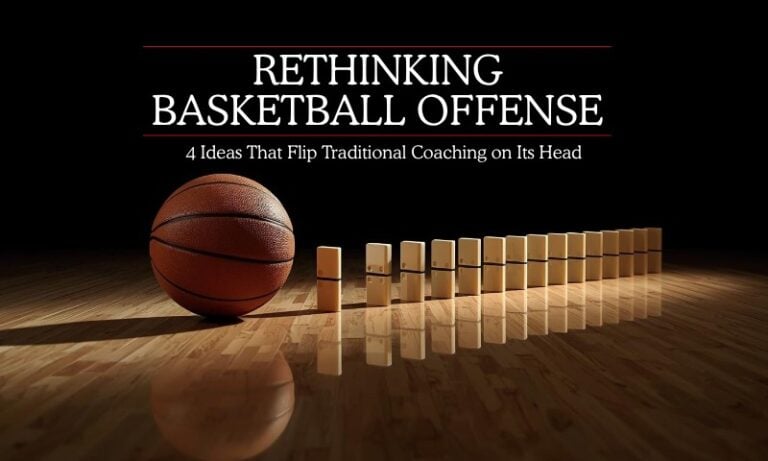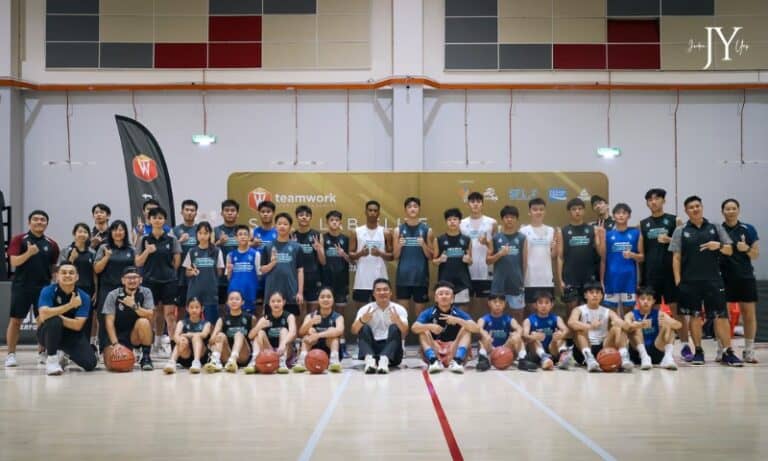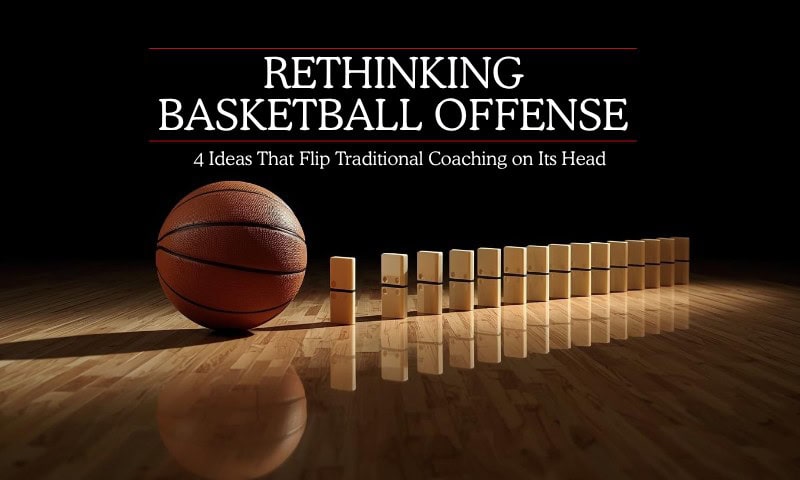
“No one gonna take you seriously here”
Challenging tradition is often harder than proposing new ideas.
A friend recently recommended a book to me: “Transforming Basketball: Changing How We Think About Basketball Performance” by Alex Sarama, who was appointed Director of Player Development with the Cleveland Cavaliers in July 2024 and promoted to Assistant Coach this summer.
I opened the first few pages and was immediately hooked. Many of the concepts go against everything we’ve been taught and repeated for years. The more I read, the more I felt compelled to share them.
A Framework That Challenges Tradition
Sarama doesn’t dismiss tradition outright. He acknowledges that the great coaches and methods of the past were revolutionary in their time.
But he also points out something uncomfortable: in today’s world — with access to research, technology, and advanced methodology — sticking to the old ways has become a risk in itself.
It reminded me of something Jeremy Lin’s trainer, Josh Fan, once told me: coaches and players should always ask, “Is there a better way?” instead of blindly repeating, “This is how we’ve always done it.”
The Core Ideas: Beyond Reductionism
Three ideas sit at the heart of this book: ecological dynamics, nonlinear pedagogy, and the constraints-led approach (CLA).
- Traditional drills break movements down into isolated parts — cone work, air defense, stationary shooting, even two-ball dribbling. They look neat. They feel controlled. But they rarely prepare players for the unpredictability of the game.
- Ecological dynamics views skills as something that emerge in context. Skills aren’t files stored in the brain to be recalled later. They’re created in the moment, in the interaction between player, task, and environment.
- Nonlinear pedagogy embraces variability. Instead of running the same drill 20 times, it changes space, time, rules, and pressure — forcing players to adapt again and again.
- CLA means the coach doesn’t impose “the correct move.” Instead, the coach designs conditions where the best solutions naturally emerge.
Sarama uses a beautiful metaphor: basketball isn’t classical music played from a score sheet — it’s jazz, improvised and alive.
The Reality Check
Then reality kicks in.
When I shared some of these ideas with a friend, his response was blunt: “No one gonna take you seriously here.”
And he added: “If your top don’t believe it, your grassroots won’t believe it.”
Those words stung — not because he was wrong, but because he was right. The challenge isn’t just about methods; it’s about culture and authority.
In our part of the world, if leadership doesn’t believe in a new approach, the grassroots won’t risk adopting it either. Even the most evidence-based ideas struggle to survive in such a climate.
Malaysia’s Reality
Here in Malaysia, different levels of basketball often operate in silos. Coaches, clubs, and organizations rarely share a common language or framework.
From top to bottom, most people focus on short-term results — a win-now mindset. The grassroots are left to repeat what’s familiar, not necessarily what’s effective.
I won’t claim to know exactly how things work everywhere else. But in our context, these cultural and structural barriers are real.
They explain why innovative frameworks like CLA struggle to take root, even when the evidence is solid.
Choosing to Experiment
In his book, Sarama also encourages readers to think critically, localize ideas, and have the courage to experiment.
Don’t copy-paste methods blindly. Instead, create a cycle: theory → practice → theory → practice.
That’s how continuous evolution happens.
And maybe that’s the real takeaway here. We don’t need everyone to agree at once. We just need a few to start experimenting — to show there is another way.
Because yes, maybe no one will take you seriously at first.
But if nobody tries, that line will always remain true.
What if we chose to test the unfamiliar? What if we asked the uncomfortable question: is there a better way?
If this story made you rethink how we grow the game, hit the subscribe button. I send one like this every Sunday.
— Jordan





